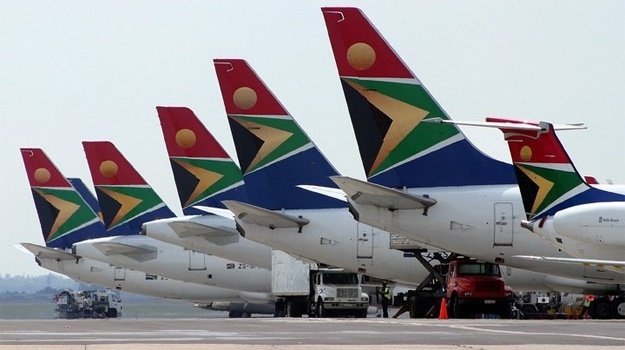News
Storm in the Skies: SACAA’s Engine Overhaul Ruling Sparks Industry Uproar

Fears of grounded planes, job losses as aviation community clashes with regulator over outdated overhaul rule
A thundercloud has formed over South Africa’s general aviation sector—and it has nothing to do with the weather.
The South African Civil Aviation Authority (SACAA) is facing intense backlash following the sudden withdrawal of Aeronautical Information Circular (AIC) 18.19, a long-standing exemption that allowed operators to overhaul piston engines based on condition and flight hours rather than a hard 12-year calendar deadline.
Now, industry voices are warning that the regulator’s decision could have dire consequences for up to 1,400 aircraft and threaten 300,000 aviation-related jobs.
An Industry Left in Limbo
AIC 18.19, first introduced in 2006, effectively provided an exemption from the older 1997 Civil Aviation Regulations (CARs), which prescribed overhaul intervals. But according to SACAA CEO Poppy Khoza, the circular had become legally untenable, citing its misalignment with current regulations and a troubling reliance on repealed rules.
“The AIC was used incorrectly and linked to outdated regulations,” Khoza said, noting that the withdrawal was necessary for both safety and legal compliance.
But operators aren’t convinced.
They argue that overhauling engines based strictly on age—rather than usage or condition—makes little sense in modern aviation, especially when engines are already inspected every 100 flying hours and maintained to manufacturer specs. Some even point out that SACAA isn’t an engine maker, and thus has no business dictating maintenance intervals beyond manufacturer recommendations.
Jobs on the Line
For many in the private flying and light commercial sector especially in rural areas where aviation supports tourism, farming, and medical logistics, the implications are staggering.
“If this sticks, hundreds of aircraft could be instantly grounded, not because they’re unsafe, but because of an arbitrary rule,” said one Gauteng-based operator who asked to remain anonymous. “We’re talking pilot livelihoods, air schools, maintenance crews thousands of people.”
On social media, pilots and aviation professionals vented frustrations:
“AIC 18.19 wasn’t perfect, but it worked. Now we’re staring at hangars full of grounded planes,” tweeted @ZuluFlyer.
“Where’s the safety risk in trusting a manufacturer’s manual? This is red tape, not safety,” wrote @BushPilotZA.
The Heart of the Dispute: Calendar vs. Condition
At the core of the standoff is this: Should aviation regulators enforce blanket maintenance timelines, or trust that well-maintained planes are safe regardless of age?
The aviation community overwhelmingly backs the latter. Globally, many regulators allow engine overhaul intervals to be condition-based, often trusting the original equipment manufacturer (OEM) to dictate standards.
SACAA’s decision to revert to a fixed 12-year rule, critics argue, places South Africa out of sync with international norms—and hits an industry already under post-COVID strain.
Regulator Stands Firm, But Offers Dialogue
In her statement, Khoza stressed that SACAA had twice extended the circular’s lifespan since December 2023 and provided sufficient warning. She also stated the agency was now engaging OEMs to provide clear, up-to-date guidance that would serve as the foundation for any new rule or exemption.
But she was firm in her stance:
“The SACAA is not the manufacturer. But it is the regulator. Our role is to enforce safety in compliance with existing laws and standards.”
She also reminded operators that AICs are not meant to override regulations. They’re communication tools, not loopholes.
A Broken Compass? Or a Necessary Correction?
This controversy underscores a larger tension in South African governance—the fine line between enforcing rules and enabling progress. While safety is non-negotiable, critics argue that outdated policy and lack of responsiveness from regulators often stifle innovation and growth in key sectors.
The question now is: Will SACAA adapt and work with stakeholders, or double down and risk hobbling a vital national industry?
As Khoza herself noted, the door to dialogue isn’t closed. But the longer the standoff drags on, the more real the risk becomes of planes and people being left grounded.
{Source: IOL}
Follow Joburg ETC on Facebook, Twitter , TikTok and Instagram
For more News in Johannesburg, visit joburgetc.com



























